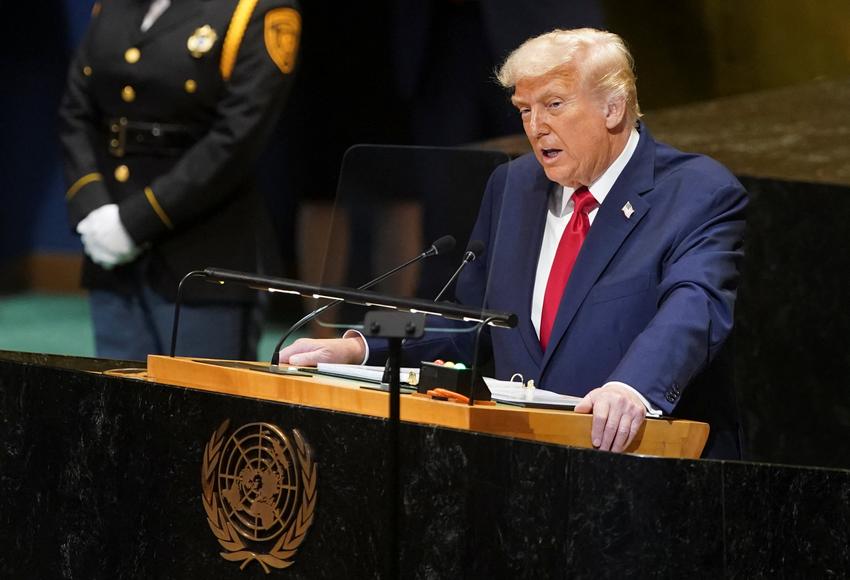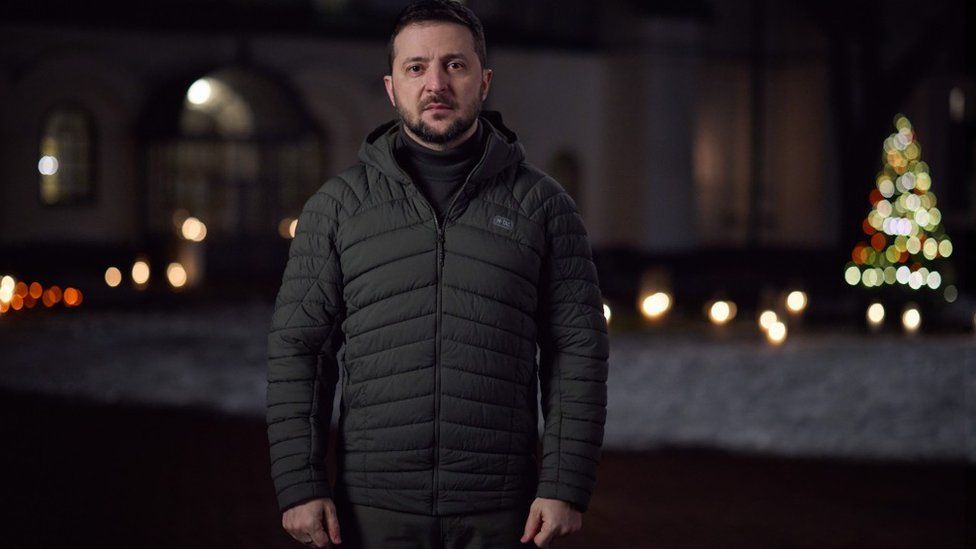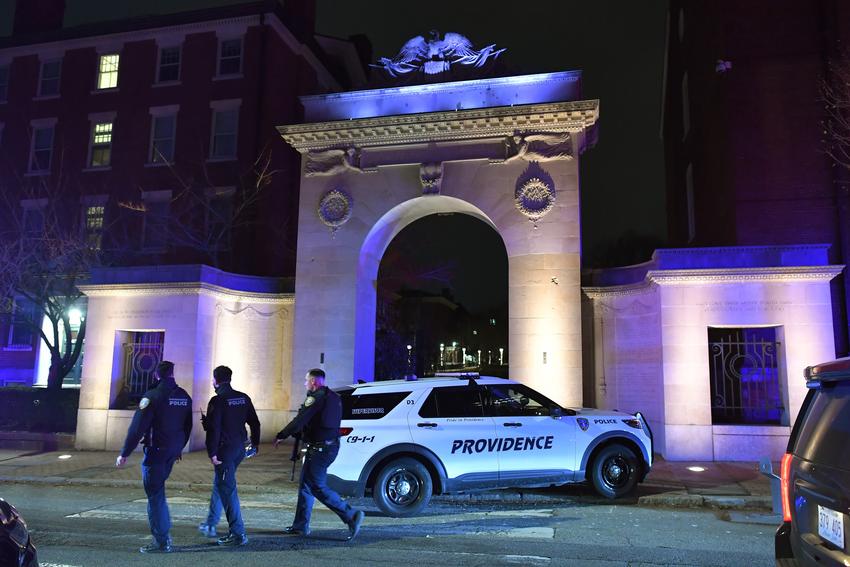
Tourists from dozens of countries including the UK could be asked to provide a five-year social media history as a condition of entry to the United States, under a new proposal unveiled by American officials.
The new condition would affect people from dozens of countries who are eligible to visit the US for 90 days without a visa, as long as they have filled out an Electronic System for Travel Authorization (ESTA) form.
Since returning to the White House in January, President Donald Trump has moved to toughen US borders more generally – citing national security as a reason.
Analysts say the new plan could pose an obstacle to potential visitors, or harm their digital rights.
Asked whether the proposal could lead to a steep drop-off in tourism to the US, Trump said he was not concerned.
“No. We’re doing so well,” the president said on Wednesday.
“We just want people to come over here, and safe. We want safety. We want security.
“We want to make sure we’re not letting the wrong people come enter our country.”
The US expects a major influx of foreign tourists next year, as it hosts the men’s football World Cup alongside Canada and Mexico, and for the 2028 Olympics in Los Angeles.
The proposal document was filed by the Department of Homeland Security (DHS) and its component agency Customs and Border Protection (CBP).
It was published in the Federal Register, the official journal of the US government.
The proposal says “the data element will require ESTA applicants to provide their social media from the last 5 years”, without giving further details of which specific information will be required.
The existing ESTA requires a comparatively limited amount of information from travellers, as well as a one-off payment of $40 (£30). It is accessible to citizens of about 40 countries – including the UK, Ireland, France, Australia and Japan – and allows them to visit the US multiple times during a two-year period.
As well as the collection of social media information, the new document proposes the gathering of an applicant’s telephone numbers and email addresses used over the last five and 10 years respectively, and more information about their family members.
The text cites an executive order from Trump in January, titled “Protecting the United States From Foreign Terrorists and Other National Security and Public Safety Threats”.
The new proposal regarding ESTA data collection for tourists invites views from the public for 60 days.
“Nothing has changed on this front for those coming to the United States,” a spokesperson for CBP said in a statement.
“This is not a final rule, it is simply the first step in starting a discussion to have new policy options to keep the American people safe.”
Sophia Cope, of digital rights organisation the Electronic Frontier Foundation, criticised the plan, telling the New York Times it could “exacerbate civil liberties harms”.
Meanwhile, immigration law practice Fragomen suggested there could be practical impacts as applicants could face longer waits for ESTA approvals. (BBC)





